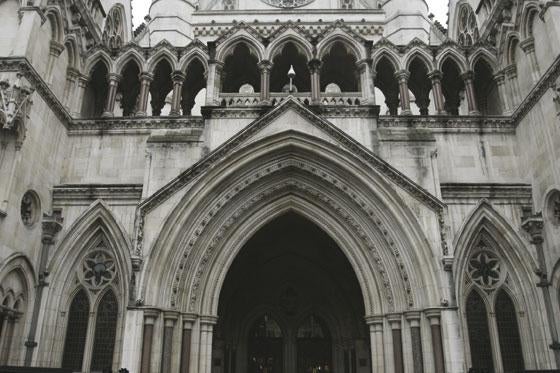
The Lord Chief Justice has cast doubt on whether it would be constitutionally possible for a court to issue an injunction which would affect the discussion of a topic in Parliament.
Lord Judge, Lord Chief Justice of England and Wales, said yesterday he would need “very powerful persuasion indeed” to prove it would be constitutionally possible for a court to make an order which would affect discussion of a topic in Parliament.
He told reporters: “I am speaking entirely personally but I should need some very powerful persuasion indeed.
‘And that, I suppose, is close to saying I simply cannot envisage that it would be constitutionally possible, or proper, for a court to make an order which might prevent or hinder or limit discussion of any topic in Parliament.
“Or that any judge would intentionally formulate an injunction which would purport to have that effect.
“We use the words ‘fundamental principle’ very frequently, but this is a fundamental principle.
“The absolute privilege for members to speak freely in Parliament did not come without a price and previous generations fought and indeed died for it.
“It is a very precious heritage which, in my view, should be vigorously maintained and defended by this generation.
“There are clear conventions about the circumstances in which Parliament will or will not discuss proceedings in court and I have no doubt these conventions will be followed so as to avoid any possible interference with the administration of justice.
“That is not because a court has sought to order it, but because Parliament has chosen in the public interest not to insist on its privileges.”
His comments follow the uproar last week over an order obtained against The Guardian which the newspaper said prevented it from reporting written questions tabled in the House of Commons by an MP.
The order was subsequently amended to make it clear that it was not intended to restrict reporting of Parliamentary proceedings.
However, Lord Judge said there were many cases in which so-called “super injunctions” – High Court orders the existence of which cannot be disclosed – were “amply justified.”
Email pged@pressgazette.co.uk to point out mistakes, provide story tips or send in a letter for publication on our "Letters Page" blog

